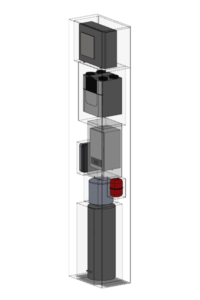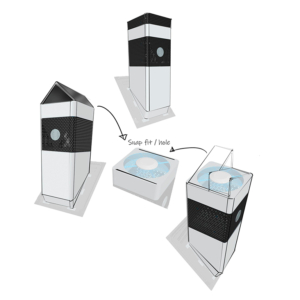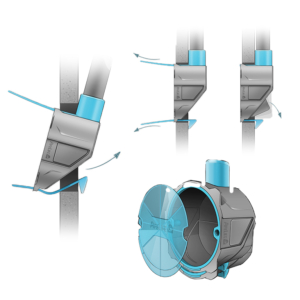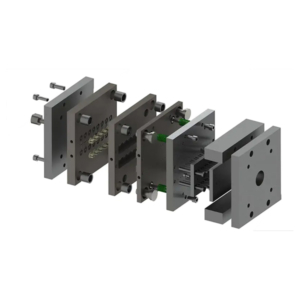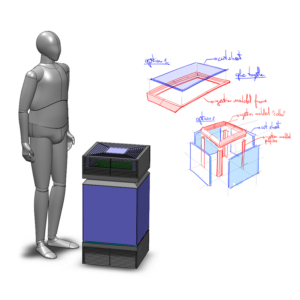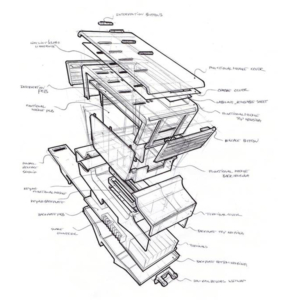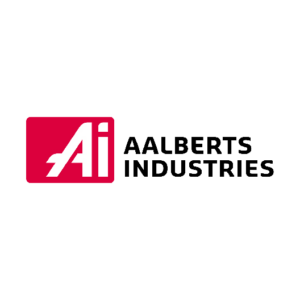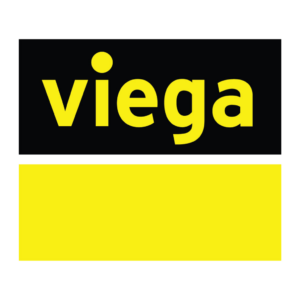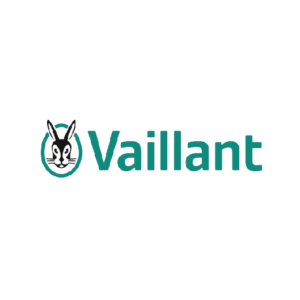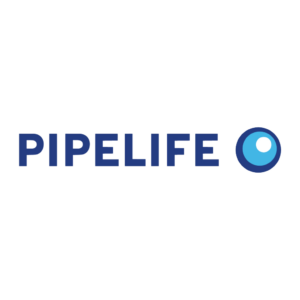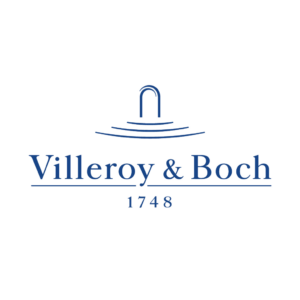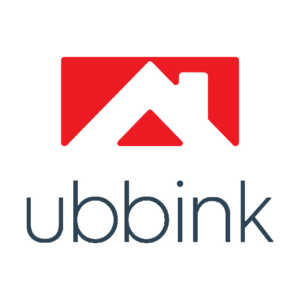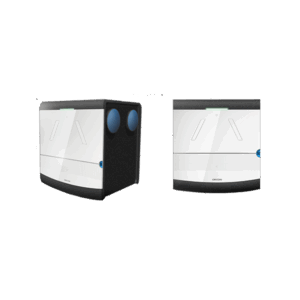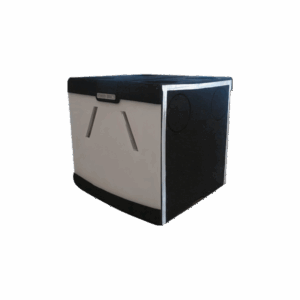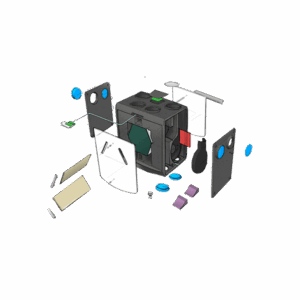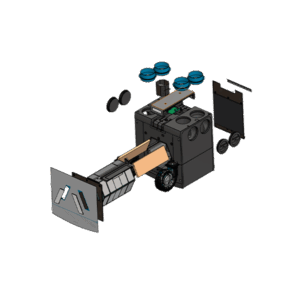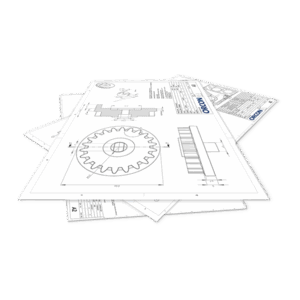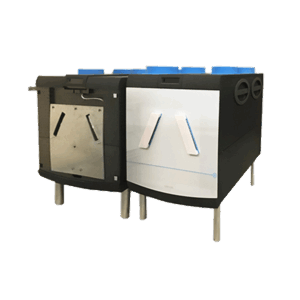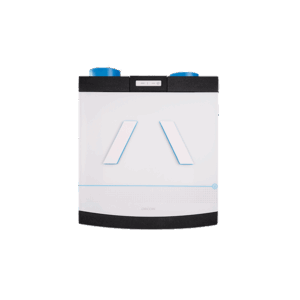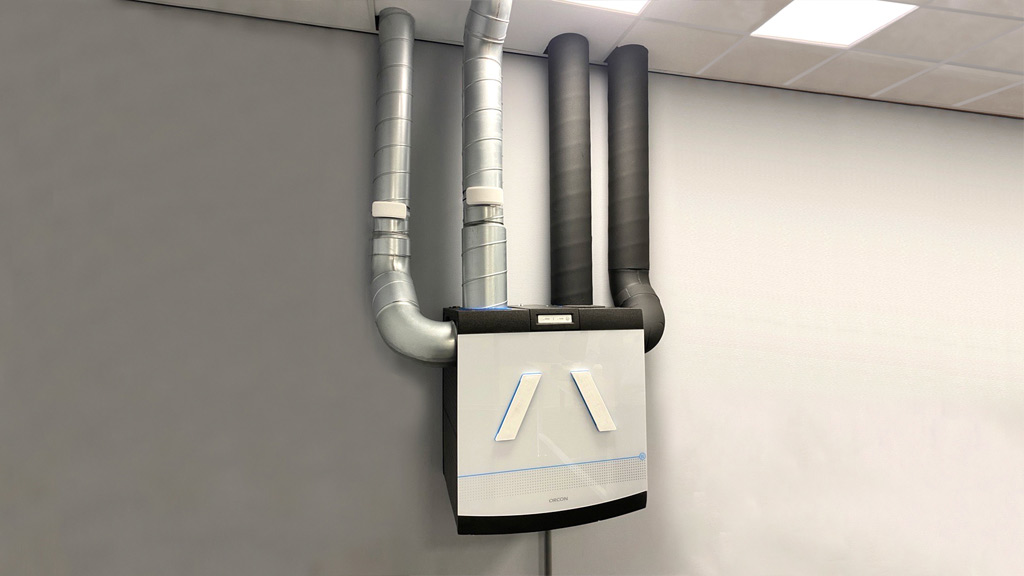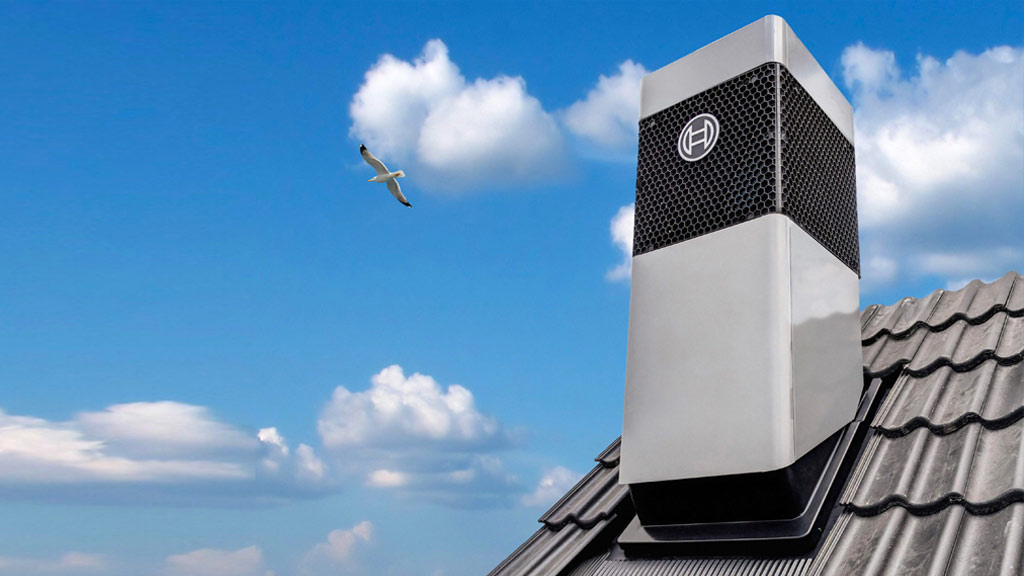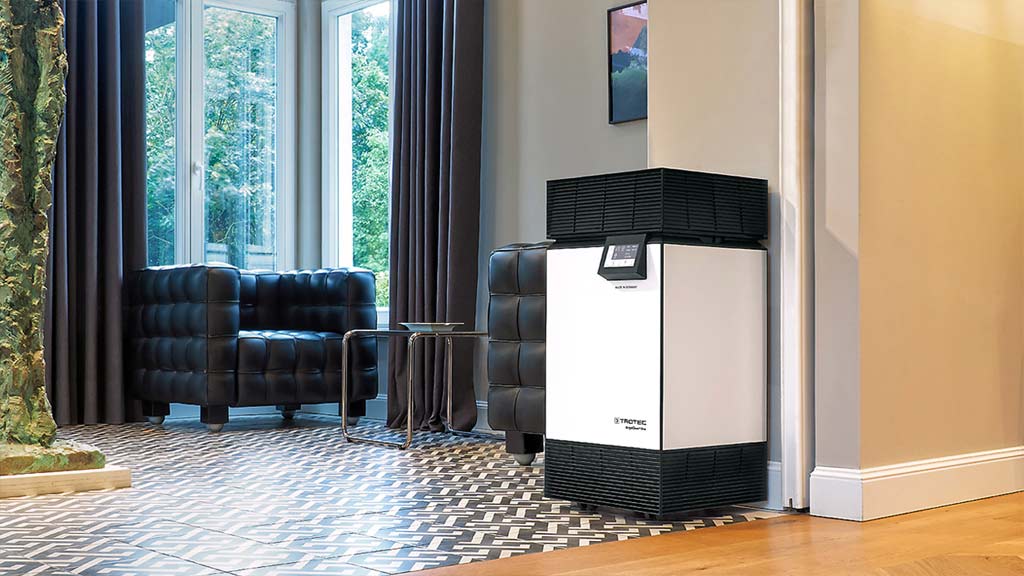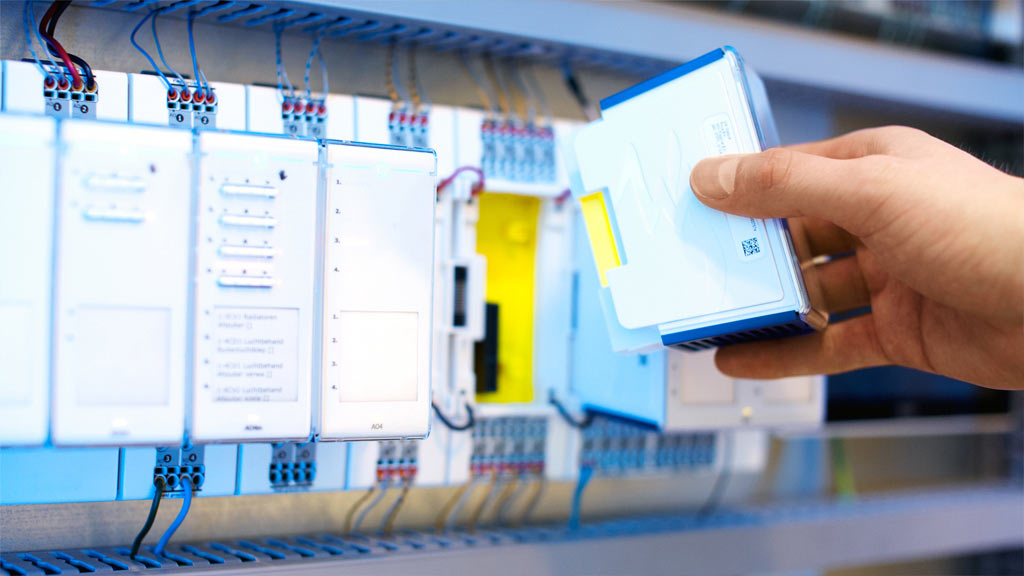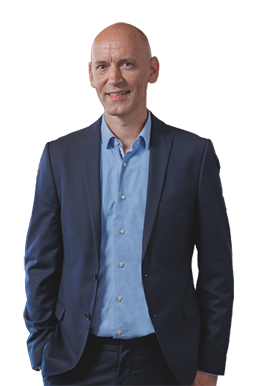What are smart and integrated building systems?
Modern buildings rely on connected systems that control air, water, and energy seamlessly. At MMID, we design and develop smart and integrated building systems that enhance comfort, efficiency, and sustainability. Our multidisciplinary teams combine engineering and product design expertise to create solutions that work together, from ventilation and water systems to energy distribution and smart monitoring. By integrating functionality and usability, we help building professionals deliver reliable systems that perform flawlessly and comply with the highest standards.
Our expertise in smart and integrated building systems
At MMID, we specialize in designing and developing smart building systems that seamlessly connect air, water, and energy technologies. Our expertise lies in creating integrated building systems that enhance comfort, sustainability, and efficiency. By applying our proven product design and development approach, we turn complex mechanical challenges into functional, user-friendly solutions. From HVAC and air distribution to water management, IAQ, airflow optimization, and charging infrastructure, our multidisciplinary teams ensure that every system is efficient, compliant, and ready for real-world installation.
HVAC engineering
MMID applies HVAC engineering expertise to design energy-efficient systems that improve indoor comfort and environmental performance. Our approach to HVAC system design focuses on balancing airflow, temperature, and humidity while minimizing energy consumption. By integrating advanced control technologies and sustainable materials, we help clients meet strict building standards and deliver reliable, compliant systems that create healthier indoor environments.
Air systems engineering
With our expertise in air systems engineering, we design smart air distribution and ventilation engineering solutions that ensure optimal indoor air quality and energy efficiency. From modular ventilation units to fully integrated air systems, MMID develops products that deliver consistent airflow, low noise, and long-term reliability. Our solutions help building professionals create healthier, more comfortable environments while reducing energy use and maintenance needs.
Water systems engineering
Through water systems engineering, MMID designs integrated and sustainable water systems that ensure efficient water distribution and management within buildings. Our expertise includes developing modular water modules and smart plumbing solutions that optimize resource use, minimize waste, and comply with hygiene and safety standards. Each system is designed for durability, scalability, and ease of installation, supporting long-term sustainability in modern buildings.
Charging infrastructure development
MMID contributes to sustainable mobility through charging infrastructure development that integrates seamlessly into building systems. We design modular EV charging solutions and energy distribution units that are safe, efficient, and easy to install. By combining mechanical and electrical expertise with user-centered design, we help clients develop charging modules that meet technical standards, enhance usability, and support the transition toward energy-efficient, future-ready buildings.
IAQ engineering
With deep expertise in indoor air quality (IAQ) engineering, MMID develops IAQ solutions that protect occupant health and meet strict regulatory standards. Our designs integrate advanced filtration, smart monitoring, and purification technologies to ensure clean and consistent air quality in every environment. By combining sensor data, smart controls, and ergonomic design, we create systems that are efficient, reliable, and easy to maintain.
Airflow management solutions
MMID applies advanced airflow management solutions to optimize ventilation performance and energy efficiency in modern buildings. Our expertise in airflow engineering includes the design of wall terminals, airflow modules, and modular components that ensure balanced air distribution and thermal comfort. By combining precise engineering with user-focused design, we create systems that reduce energy consumption while maintaining a healthy indoor environment.
Trusted by
Our building systems design and development process
Our building systems design and development process ensures that every product moves seamlessly from idea to validated, production-ready solution. Through structured collaboration, user involvement, and risk management, MMID’s multidisciplinary teams create reliable systems that perform in real-world conditions. The process follows our proven LUCID method, guaranteeing clarity, compliance, and efficiency at every step.
1. Vision
We start by identifying operational goals and technical challenges while mapping the needs of both expert and non-expert operators. Our teams explore emerging technologies such as automation, robotics, HMIs, and sensors, aligning the business case with usability and performance goals. This forms a solid strategic foundation for a successful and compliant product.
2. Definition
In this stage, we explore multiple design directions, validate them through visualization and early prototyping, and gather user feedback. We assess feasibility in terms of technical, regulatory, and cost requirements while conducting early risk analyses to detect potential weaknesses. Stakeholders are aligned around the most promising concept for safe and efficient implementation.
3. Specification
Our engineers define mechanical, electrical, and software interfaces to enable seamless system integration. We then develop a detailed product architecture tailored for smart and integrated building systems, ensuring optimal functionality, scalability, and compliance with building standards.
4. Verification
We build functional prototypes for lab and field testing to confirm performance under realistic conditions. Environmental, mechanical, and electrical tests are conducted alongside usability testing with operators. This stage verifies that every design meets safety, reliability, and regulatory expectations.
5. Optimization
Insights from verification are used to refine the product’s performance, manufacturability, and cost efficiency. Adjustments ensure that the final design is robust, easy to assemble, and optimized for large-scale production.
6. Realisation
During realisation, production samples and tooling are finalized, and all technical documentation is completed. Compliance validation confirms that both the product and manufacturing processes meet international standards, paving the way for smooth production.
7. Implementation
The finalized product is validated and launched, supported by thorough regulatory documentation. Once in market use, ongoing post-market surveillance ensures continued reliability, compliance, and long-term product success.
Case studies: developing smart and integrated building systems
Our experience in smart and integrated building systems design and development is reflected in the products we help bring to market. From advanced HVAC and ventilation systems to modular water units and energy distribution modules, MMID’s multidisciplinary teams create solutions that enhance comfort, efficiency, and sustainability.
FAQ about smart and integrated building systems
What are smart and integrated building systems?
They are interconnected systems that manage a building’s air, water, and energy performance in harmony. Smart and integrated systems improve comfort, efficiency, and sustainability by using advanced sensors, automation, and data-driven control.
How does MMID support the design and development of these systems?
MMID provides end-to-end product design and development services, covering concept creation, prototyping, testing, and production support. Our multidisciplinary teams ensure that every system is functional, compliant, and optimized for seamless integration within modern buildings.
What are the benefits of using integrated building systems?
Integrated systems enable better performance, lower energy consumption, and reduced maintenance costs. They simplify management, improve user comfort, and enhance the building’s overall sustainability and operational reliability.
Can these systems be customized for different building types?
Yes. MMID designs modular and scalable solutions that can be tailored to fit a wide range of buildings—from commercial offices to industrial facilities—ensuring each system matches the specific technical and user requirements.
How do smart building systems improve sustainability?
Smart systems optimize energy and water usage through automation and real-time monitoring. By improving efficiency and reducing waste, they contribute to long-term environmental sustainability and lower operational costs.
Do MMID systems support professional installers with ease of installation?
Absolutely. Every design is created with installation efficiency in mind. We collaborate with professionals during development to ensure that the systems are accessible, well-documented, and straightforward to implement on-site.
Contact our building service engineers
Discover how MMID’s building services engineering solutions can bring your smart building project to life. With proven expertise in MEP design services and building engineering consultancy, we design efficient, compliant, and easy-to-install systems. Let’s collaborate on your next innovation.

